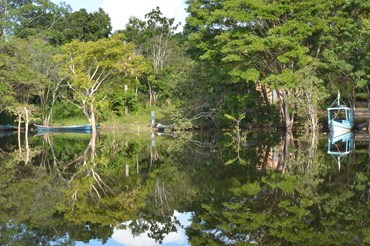The Children’s Investment Fund Foundation (CIFF) is a London-based foundation funding global interventions in climate change. Over the past five years, CIFF have committed close to US$300 million in grants to increase renewable energy penetration, reduce greenhouse gas emissions, and improve air quality around the world.
In November 2018, the Foundation contracted NIRAS to provide a four-and-a-half-year meta-evaluation of their renewable energy portfolio, assessing climate policy and advocacy interventions in China, India, Brazil, Mexico, and Southeast Asia. Since then, our UK team and CIFF have developed a strong relationship built on close engagement and mutual trust.
Based on the quality of services provided under the meta-evaluation, CIFF recently contracted NIRAS UK for a new project: the development of a Climate Change Mitigation Indicator Compendium. This product-focused project aims to develop a best practice manual for results measurement indicators in climate mitigation projects. Sectors of interest include renewable energy, air quality, electric vehicles, energy efficiency, and deforestation, and land use. The project will be split into three core stages: 1) inception and design of the compendium framework; 2) development of the indicator compendium itself; and 3) dissemination of the final product.
During the first phase, the team will work closely with CIFF and other key stakeholders such as ClimateWorks and the UK Department for Business, Energy and Industrial Strategy to identify the priority sectors for inclusion in the compendium. We will then design the template for the indicators and conduct a landscape analysis of existing resources to identify existing best practice.


